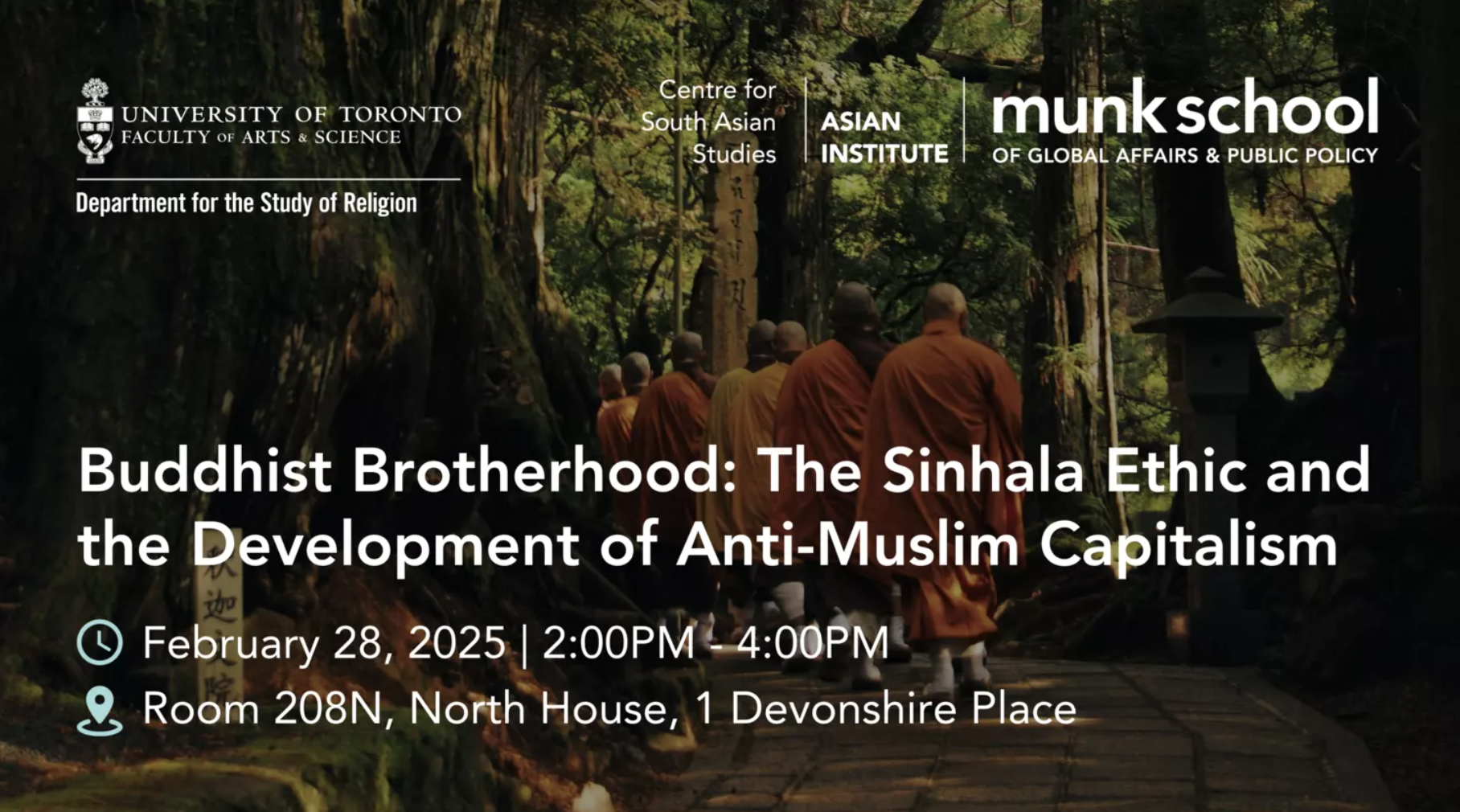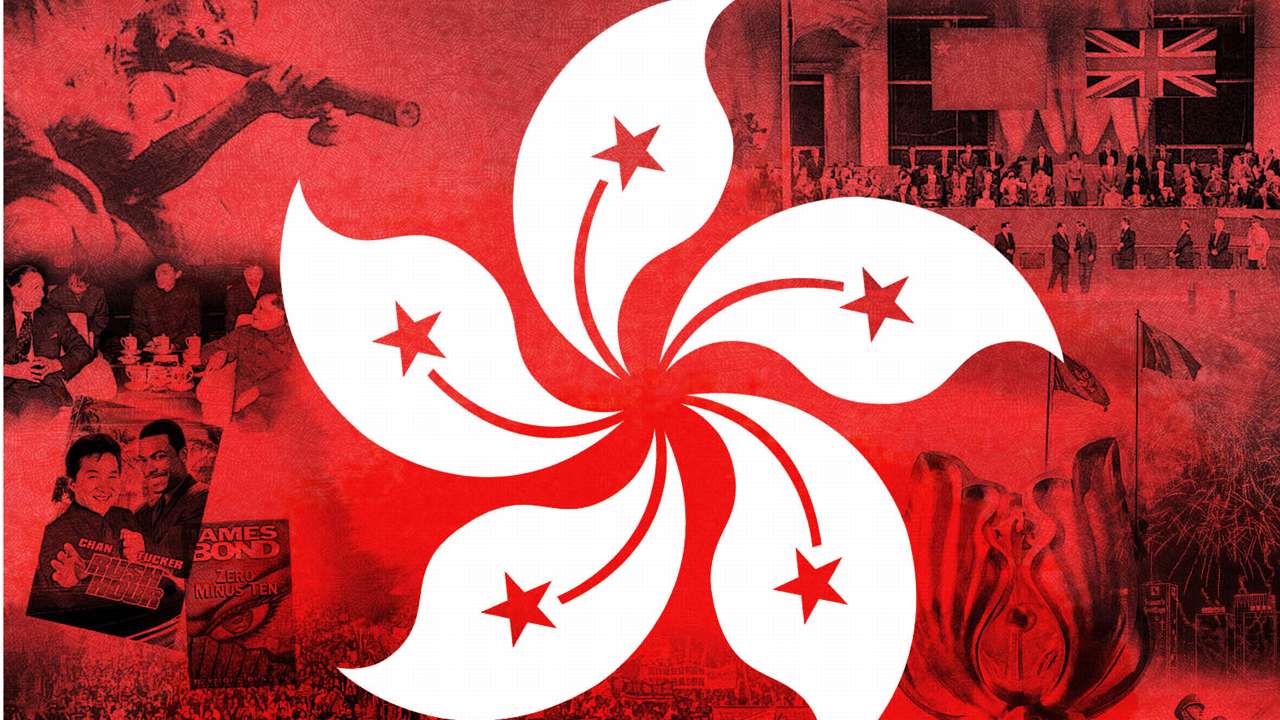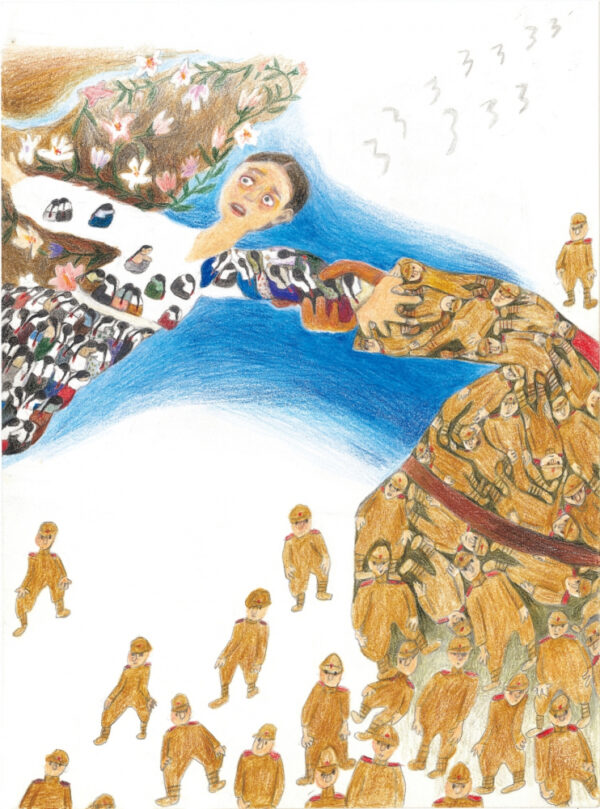On 28 February 2025, the Munk School of Global Affairs and Foreign Policy hosted a seminar sponsored by the Center for South Asian Studies and the Department of Religion on the origins of the recent violence against Muslim Sri Lankans by militant Sinhala-Buddhist groups under the notions of preserving Buddhist values. The main speaker at this event was Geethika Dharamsinghe – a postdoctoral Fellow in the Department for the Study of Religion and the Robert H.N. Ho Family Foundation Centre for Buddhist Studies at the University of Toronto. Her teaching and research expertise through her Visiting Professor position at Colgate and Ph.D. from Cornell extends to studying the relationship of Buddhism to violence in contemporary times. Her work converges around literature on New Social Movements, Buddhist modernity and nationalism, and political economy in South and Southeast Asia.
To set the agenda for the session, Dharamsinghe outlined the main motivations for the seminar: understanding the Muslim origins of the “Buddhist Brotherhood” and recognizing the institutional forces/tactics used by these groups to promote violence against the Muslim community. Commenting on a more global phenomenon, she also proposed the plausibility of the divergent evolution of similar anti-Muslim rhetoric in nationalist groups.
Before developing her arguments, Dharamsinghe also provided the history of Muslim and Sinhala-Buddhist interactions, particularly during the colonial British period. She explored how Muslim traders were frequent prior to the introduction of British governance. However, upon the beginning of British rule, more of Sri Lankan (then Ceylon) industry and trade became monopolized by Muslim traders. This change led to growing resentment within the Sinhala-Buddhist against the Muslim inhabitants of Sri Lanka because of a growing class and wealth divide. While the Muslim community generally became associated with the wealthier business class, the Sinhala inhabitants remained rural and poorer.
After Sri Lanka’s independence, similar characterization remained intact; however, she explores how the main domestic conflict became centred around the Tamil and Sinhala inhabitants. Interestingly, she added how the majority of Muslim inhabitants in the country were of Tamil origin; so, they too were intrinsically a part of the Sri Lankan Civil War. Upon the end of the war, she developed the argument that the main tensions shifted to the Muslim and Sinhala-Buddhist communities as the government shifted focus to redevelopment efforts. It was in 2009-2010 when prominent notions of the “Buddhist Brotherhood” came to be as a means of protecting Sinhala-Buddhist values in the economy and society of Sri Lanka.
Providing the political origins of the Sinhala-nationalist groups, Dharamsinghe shifted focus to their conceptual Muslim origins. She remarked how in conversations and research with members of these groups, she came upon their praise for the Muslim community in Sri Lanka for its “close-knit” attributes and collectivist attitude towards the economy. She explained that while promoting Sinhala-nationalist ideologies, these groups recognized how Muslim traders and businesses would support each other’s ventures in construction and commodity trading. For example, these people praised how Muslim construction magnets would fund other Muslim businesses by buying property. In turn, they proposed emulating a similar “brotherhood” that would be selective for Sinhala-Buddhist communities.
Given the origins of the “Buddhist Brotherhood,” Dharamsinghe remarked on the integration of these groups’ values in institutions – particularly on the natal and economic levels. Demonstrating her argument, she displayed posters of these groups that incentivized Sinhala births to ensure the security of Buddhist principles in the country. She deemed these efforts to occur out of the fear of these groups that their culture too would fade as Indonesia and Malaysia’s Buddhist culture had faded following the immigration of Muslim traders in the 13th century. Furthering her argument, she explored how these groups would indirectly support leaders in the institutions to favour Sinhala-Buddhist businesses over Muslim ones. Even more so, she highlighted how these groups supported the development of a Buddhist economy that would prioritize protecting Buddhist values – like the Sigalovada Sutta.
Categorizing these practices as violent comes from their position in segregating the Muslim community of Sri Lanka from opportunities. She pointed out that the most notable rise in physical violence against the community orchestrated by these militant Buddhist nationalist groups occurred after the 2019 Easter Bombings. Propagated by jihadist Islamic groups, many of these Buddhist groups took up arms against the ordinary Muslim community in the country. As such, she explored how many Muslim housing communities and businesses were targeted, which has had negative consequences on relations between the two ethnic groups since.
Following the exploration of the Muslim origins of the “Buddhist Brotherhood” and the violent tactics perpetrated against the Muslim community, Dharamsinghe proceeded to enter the concluding stage of the globalist outlook. Specifically, she paralleled this rise in antagonism against Muslim and minority groups across the world as stemming from the stereotyping, miscommunication, and in-group/out-group divide.
An individual asked about the specific Buddhist values that were being militarized by these nationalist groups as the chatter entered the questionnaire period. The esteemed speaker admitted that while she would need to research more on the specific policy and values these groups were ordaining, she believed that dharma to preserve their traditions was a common value present in these groups’ discussions.
As the conversation slowed down and dawn set upon the windows of the seminar, all attendees could absorb the depth of the discussion that Dharamsinghe had opened on the importance of recognizing how values can be misused for violent purposes.
Ankur Phadke is a second-year undergraduate student pursuing a major in International Relations and Public Policy, and a minor in Political Science. His research interests center on incorporating political theory, political actions, and human behavior to explain diplomatic relations and socioeconomic development in South Asia.








